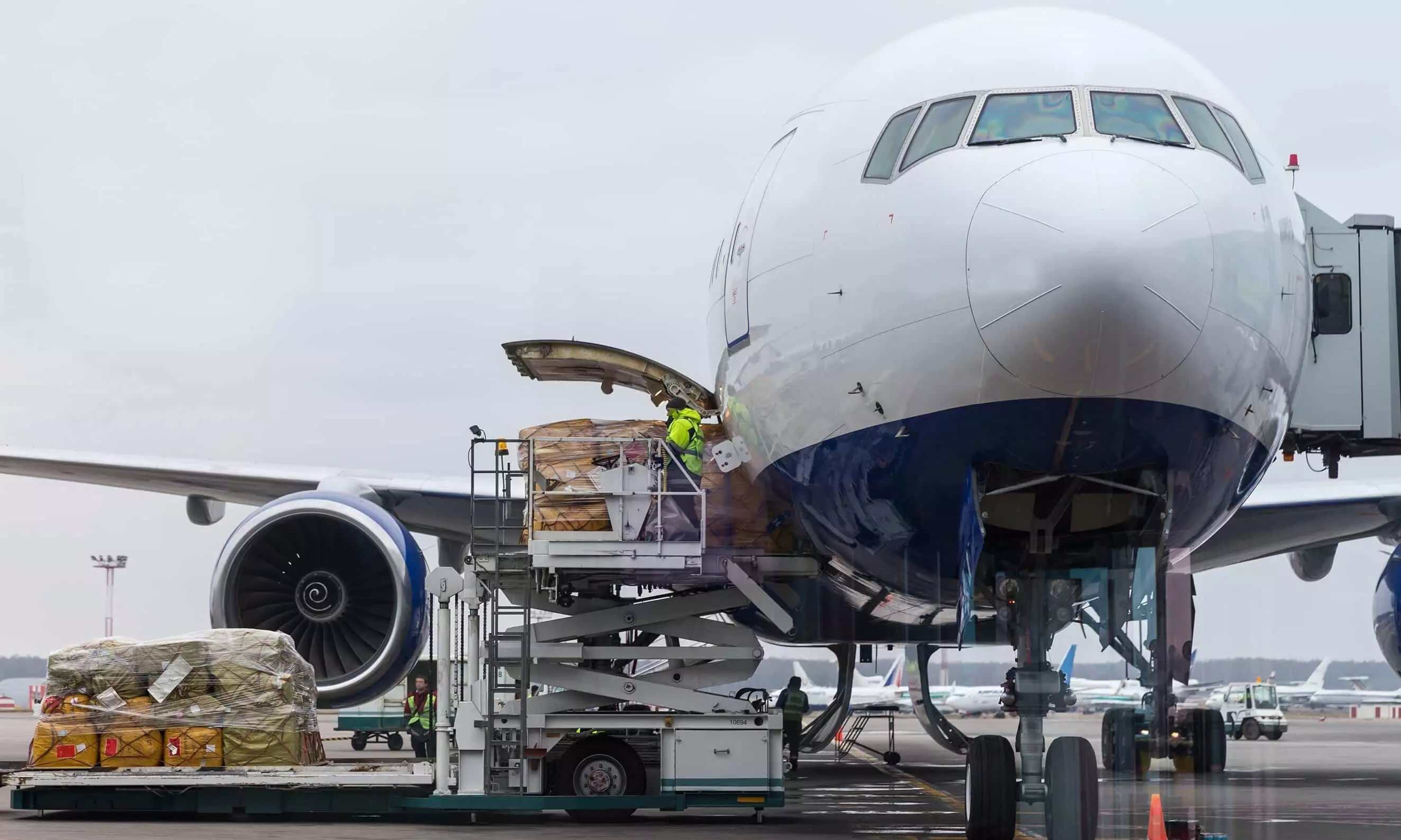
E-commerce shifting from B2C to B2B2C model: Dimerco
"This transition is expected to reduce air freight demand, with more shipments moving to ocean freight."

Following the policy announcements by U.S. President Donal Trump, the e-commerce market slowed considerably after January 20, particularly in the U.S. and Europe. "This led to e-commerce platforms canceling charters, disrupting the supply and demand balance," says Kathy Liu, Vice President, Group Sales and Marketing, Dimerco Express Group.
"E-commerce has significantly impacted the air freight market, and rates began rising right after Chinese New Year in 2024, with no clear slack season. While e-commerce will not disappear, it is shifting from a B2C model to a B2B2C model. This transition is expected to reduce air freight demand, with more shipments moving to ocean freight instead."
Trump’s tariffs on Mexico, Canada and China will reshape global supply chains, says the latest update from Dimerco. "The 25 percent tariffs on Mexican and Canadian goods, along with the hike on Chinese imports, will disrupt trade flows, driving companies to explore new sourcing options. EU retaliation over auto tariffs adds further uncertainty. Geopolitical tensions and market volatility are expected, requiring businesses to adapt to minimise disruptions.
"Action suggested: diversify suppliers and alternative shipping routes can help mitigate the impact of increased tariffs."
The global manufacturing PMI inched up from 49.6 in December 2024 to 50.1 in January 2025, indicating a return to expansion after a brief contraction. "However, this data was collected before the announcement of U.S. tariffs, which could significantly influence the global manufacturing landscape in the coming months."
Regional updates
Taiwan: Demand for AI and high-tech products remains steady, but e-commerce and transfer shipments have slowed as customers await clarity on U.S. tariff policies before finalising shipping plans. Taipei to U.S. shipment demand is picking up, although airlines remain open to rate negotiations for larger volumes.
North China: "Post-Spring Festival recovery is slow, with factories (including e-commerce) reopening gradually. Some airlines have reduced flights. Full recovery expected by March, with factories and airlines returning to normal. Freight rates are likely to rise slightly in March as market demand recovers, especially for U.S. and European lanes."
East China: The Shanghai air freight market is expected to fully recover, with a significant rebound in demand, the report added.
South China: "The U.S. e-commerce tariff policy has reduced cargo volume, leading to some airlines cancelling flights. General cargo is expected to recover, with e-commerce shipments to the U.S. resuming gradually, depending on customs clearance capacity."
South Korea: Bookings to the U.S. should be made at least two weeks in advance due to high demand and limited space, the update added.
Philippines: "Expect exports from the Philippines to the U.S. to shift from air freight to ocean freight due to U.S. tariffs. Ad hoc rates may be available for large shipments on Asia-Pac lanes; early booking secures space and special rates."
Singapore: Space may tighten by late March; and intra-Asia backlogs possible in March due to February freighter cancellations during the festive season.
Vietnam: Air exports have decreased as the overall air freight market, particularly from China to the U.S., slows due to the tariff announcement.
Malaysia: "Rates from KUL to Asia and Europe remain stable, but U.S. rates may rise due to tariffs. Several airlines are re-routing exports from China to Kuala Lumpur for U.S. destinations, impacting space availability and rates. PEN exports are increasing after the Chinese New Year break in early February."
Thailand: Space and rates for intra-Asia lanes remain stable. "U.S./Canada lanes have higher demand than capacity; book 3-5 days in advance. EU lanes are seeing limited demand."
Indonesia: Space may tighten and rates rise before Indonesia's long holiday at the end of March as shippers arrange shipments in advance, the update added. "Import shipments should be scheduled to arrive before or after the holiday."
Australia: A post-Chinese New Year recovery may lead to higher cargo volumes from Asia. Freight rates are likely to stabilise or increase slightly as airlines adjust capacity to demand.
India: "Air freight capacity and rates for March are expected to increase due to the financial year-end in India."
North America/San Francisco: Heavy perishables exported from Tacoma and Seattle ports will reduce space availability.
North America/Los Angeles: "Post-Lunar New Year flight cancellations due to weak inbound demand from Asia. Tariff concerns may continue to impact airline flight schedules and capacity. The withdrawal of Polar Air service in March could lead to increased rates in/out of Los Angeles. Asparagus season will drive higher demand for trans-Atlantic flights."
North America/Toronto: New airlines (China Airlines, Hainan Airlines) are now operating in Toronto, increasing competition.
North America/Vancouver: Weak Canadian dollar could increase export demand and raise freight rates, the update added. "March typically sees a post-Chinese New Year manufacturing rebound and seasonal export surges (e.g., perishables, tech products), potentially driving air freight demand and tightening capacity. Use lightweight packaging and consolidate shipments to maximise space."
North America/Chicago: Increased shipper activity due to pending tariffs will require longer booking lead times.
Europe: The European Commission (EC) is pushing to remove the de minimis exemption for low-value parcels, aligning with the U.S. This exemption has driven a surge in air cargo imports from China.
The EC is calling for joint action from member states to curb unsafe, counterfeit and non-compliant goods. Its consumer protection authority has launched a coordinated action against Shein, the update added.

